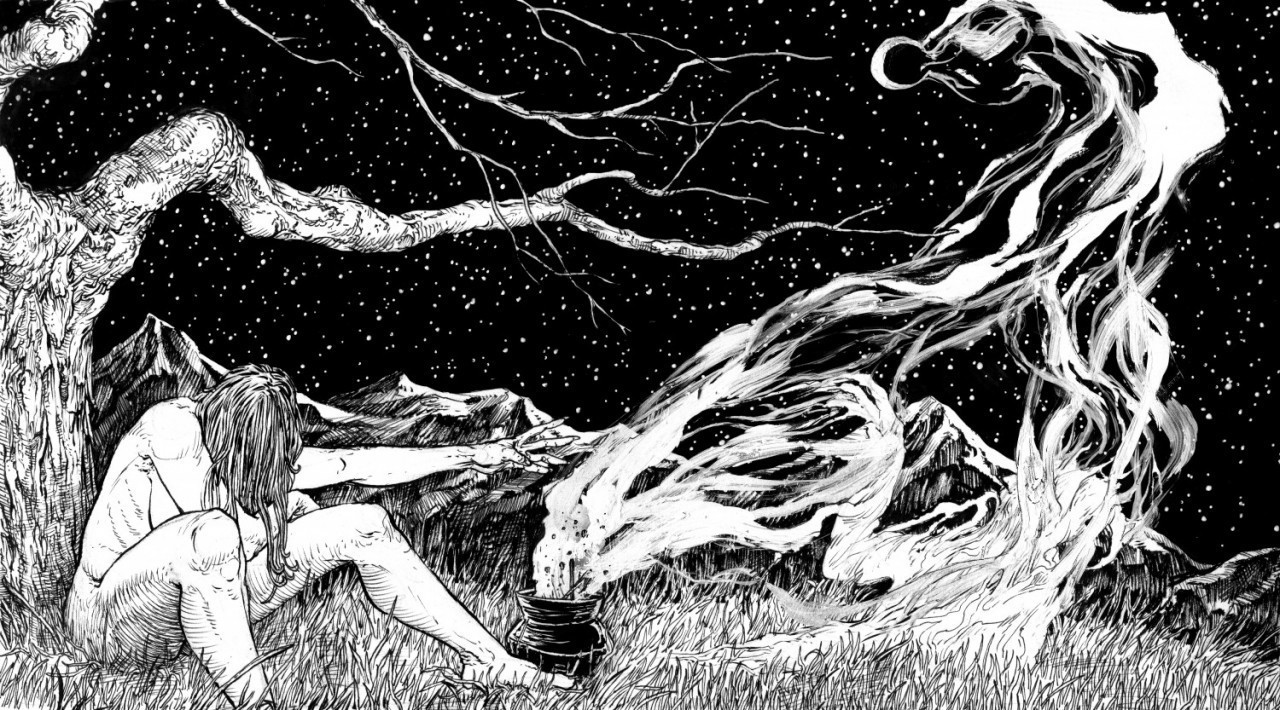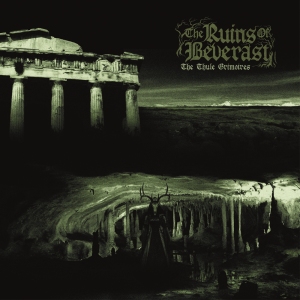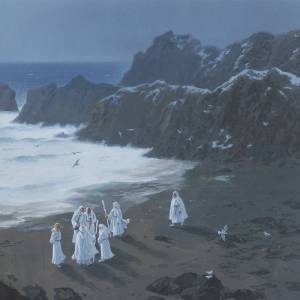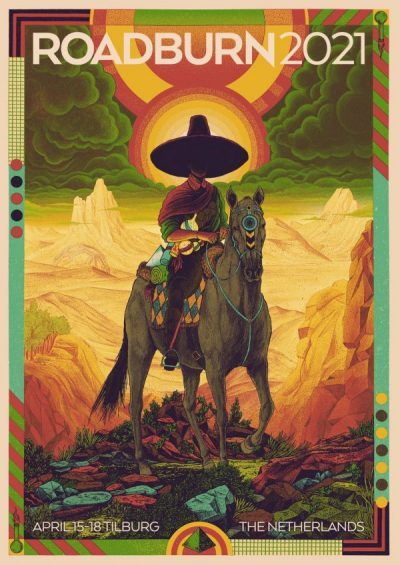It’s the end of the year and the end of a decade that was driven by change. A lot changed for me, personally, over the last ten years and I can only hope that it led to my becoming a better person. But that is subjective, as is choosing a list of records that I super enjoyed over the last ten months. There was a lot of music released in 2019 and a lot of music I just didn’t hear. There was a lot of music I did hear and never wanted to listen to again. There was music I couldn’t get enough of and listened to constantly. I listened to a handful of non-metal records that I really loved – these records can be seen on a list that will soon be published on Scene Point Blank. I also wrote a list for Metal Hammer but due to deadlines this was required to be finalised at the beginning of October and so my “final” list of albums I really liked has changed a little since then.
For those two lists I had to rank my choices and here I will rank only my top three – these are the records that really made a huge impact on me this year. The remaining records are all excellent, too, of course. If there’s a review of the album then you can find it by clicking on the band name and if you navigate to the record label then you’ll find the bandcamp page for the album (where available) in order to show your own support to these artists.
If you read anything that I wrote this year, then thank you. I hope to continue in 2020.
Mizmor – Cairn (Gilead Media)
Alcest – Spiritual Instinct (Nuclear Blast Records)
Schammasch – Hearts Of No Light (Prosthetic Records)
 Read More »
Read More »













